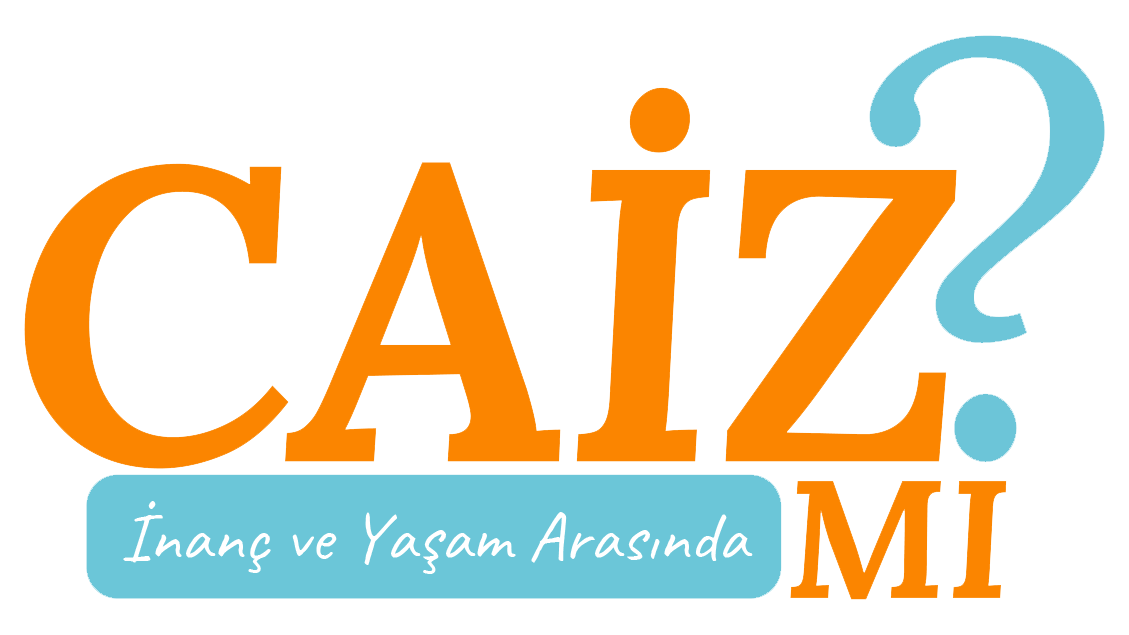The rulings regarding animals such as frogs, turtles, snakes, and crocodiles, which live both on land and in water, have been the subject of differing views among the Islamic legal schools. The Malikites deem all of these animals permissible to consume (Sahnûn, al-Mudawwana, 1/452), whereas the Hanafites rule them all as impermissible (Ibn Humam, Fath al-Qadir, 3/68; Ibn Nujaym, al-Bahr al-Raiq, 3/28-29). The Shafi’ites, while considering water animals that cannot survive on land to be permissible, regard animals such as frogs and crocodiles, which can live on land as well, as impermissible. This also includes creatures like turtles, which they deem impure, and snakes and scorpions, which they consider poisonous (Shirbini, Mughni al-Muhtaj, 4/298).
According to the Hanbalites, animals of this type, except frogs, crocodiles, and snakes, are permissible. The prohibition on frogs stems from the Prophet’s prohibition against killing them (Abu Dawood, “Adab”, 164-165; Nasa’i, “Sayd”, 36). Crocodiles are deemed impermissible because they possess fangs and are considered predatory animals. Snakes are forbidden due to being poisonous and impure creatures (Ibn Qudama, al-Mughni, 11/85). Additionally, the Hanbalites stipulate that animals like crabs, hippos, and turtles, which live both on land and in water, must be slaughtered properly to be lawful. This is because, in their view, such creatures should be treated with the same rules as land animals due to their ability to live on land (Ibn Qudama, al-Mughni, 11/83).
